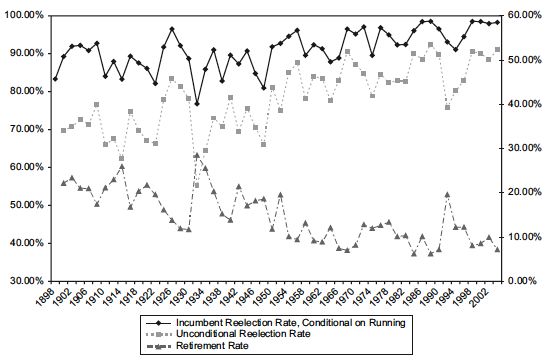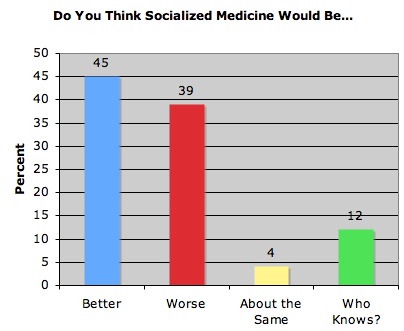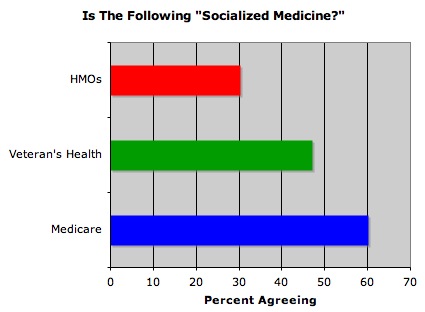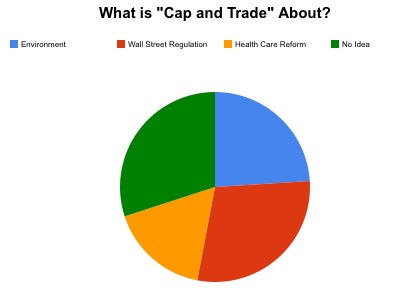Australia and Julia Gillard, that is, three weeks after the election that resulted in neither major party having a majority. It’s a bit curious that we’re seeing negotiated coalition governments all over the place (well, Australia and the UK, anyway) under non-PR systems (Australia uses PR for their upper house, but IRV/AV and single-member districts for the lower house, which is the relevant one here).
John Quiggin is on the scene:
The Australian election three weeks ago turned out about as close as possible. The two main parties (Labour and the permanent Liberal-National-Liberal National coalition) each ended up with 72 seats (out of 150) and almost exactly 50 per cent of the two-party preferred vote, the relevant measure of support in our preferential (=IRV/AV) system. That left six remaining seats: one Green, one non-coalition National, one leftish independent and three country independents, all formerly associated with the conservative National party). Because the Parliament has a Speaker, 76 supporters are required for a stable government.
Unsurprisingly, things took a while to sort themselves out. Because of postal voting and the need for recounts, the final determination of seats took more than a week. Then there was another week of haggling and jockeying. The Green MP declared for Labor first, followed by the leftish independent (Labor) and the dissident National (Coalition). No surprises there. That left the three country independents. It was expected they would move as a bloc, but in the end, one announced support for the Coalition, and the other two for Labor (the last of them spending half an our of explanation before finally stating what had been obvious from the moment his ally went that way). So, after 17 days, it was 76-74, and Julia Gillard retained the office she had snatched from Kevin Rudd only weeks before the election.
Overall, it was a startlingly good outcome. Any democratic system is going to have trouble when the vote is as close as this, but compared to the US in 2000, or Belgium/Holland right now, things went relatively smoothly. And, startlingly, to get the independents on board, Labor actually had to promise better government, rather than pork-barreling for those electorates fortunate enough to have a pivotal vote. By contrast, the Liberal leader Tony Abbott, came with an open chequebook and was rebuffed. It’s true that the effect will be to give much more favorable treatment to rural and regional areas in general, but the independents have a fair enough basis for the claim that these areas have been neglected (complex and competing calculations of the relative treatment of urban and rural areas are a staple of Australian policywonkery).
Even better, when the newly elected Senate takes its place (not until July 2011 thanks to the marvels of our electoral system) Labor’s dependence on the Greens will be enhanced by the existence of a Labor-Green majority in the Upper House. Going into the election, Labor had dumped the commitment to action on climate change that gave it victory in 2007 (how this happened is too depressing to relate. I think George Monbiot covered it a while back). But now, with the government dependent on Greens and greenish independents, the issue is back on the agenda.
It’s often said that a country gets the government it deserved. Going into the election, with two competing leaders who had seized power without any real popular support, and policy platforms derived entirely from particularly dimwitted focus groups, I wondered what we Australians had done to deserve this. Now, I wonder how we merited such good fortune. I only hope it will last.



